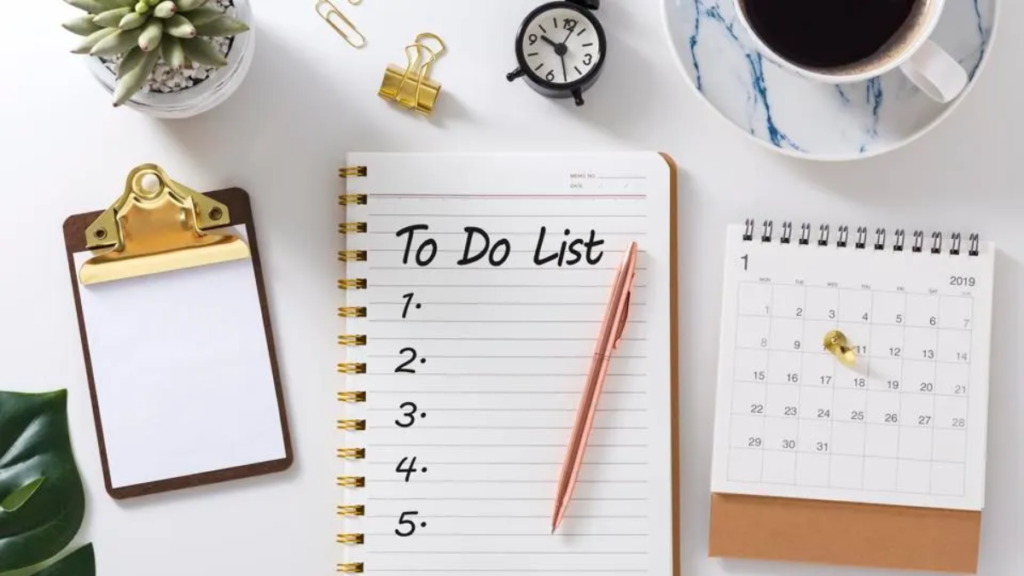Introduction:
In today’s fast-paced world, stress has become an inevitable part of our daily lives. Whether it’s work deadlines, family responsibilities, or financial pressures, stress can take a toll on our physical and mental well-being if left unchecked. However, by implementing effective strategies, we can learn to manage stress and reclaim a sense of balance and harmony in our lives. Here are some practical tips to help you stress less and live more:
Practice Mindfulness:

Mindfulness involves being fully present in the moment and observing your thoughts and feelings without judgment. Incorporating mindfulness techniques such as deep breathing exercises, meditation, or yoga into your daily routine can help reduce stress levels and promote a sense of calmness and relaxation.
Prioritize Self-Care:

It’s essential to prioritize self-care activities that nourish your mind, body, and soul. Make time for activities you enjoy, such as reading, painting, or spending time outdoors. Additionally, ensure you get enough sleep, eat a balanced diet, and exercise regularly to support your overall well-being.
Set Boundaries:

Learn to set boundaries to protect your time and energy. Saying no to additional responsibilities or commitments when you’re already feeling overwhelmed is not selfish; it’s necessary for maintaining your mental health. Communicate your boundaries clearly and assertively with others, and don’t feel guilty for putting your needs first.
Break Tasks into Manageable Steps:

When faced with a daunting task or project, break it down into smaller, more manageable steps. This approach can help prevent feelings of overwhelm and make it easier to tackle tasks one step at a time. Celebrate your progress along the way, no matter how small, to stay motivated and focused.
Stay Organized:

Keep track of your responsibilities and commitments by using a planner or digital calendar. Prioritize tasks based on their urgency and importance, and tackle them accordingly. By staying organized, you can reduce the likelihood of forgetting important deadlines or feeling overwhelmed by a cluttered schedule.
Seek Support:

Don’t be afraid to reach out for support when you need it. Whether it’s talking to a trusted friend, family member, or mental health professional, sharing your feelings can help lighten the burden of stress. Surround yourself with a supportive network of people who uplift and encourage you during challenging times.
Practice Gratitude:

Cultivate an attitude of gratitude by focusing on the positive aspects of your life. Take a few moments each day to reflect on the things you’re thankful for, whether it’s your health, relationships, or small moments of joy. Practicing gratitude can shift your perspective and help you navigate stressful situations with a sense of optimism and resilience.
Engage in Relaxation Techniques:

Incorporate relaxation techniques such as progressive muscle relaxation, guided imagery, or aromatherapy into your daily routine to promote relaxation and stress relief. Experiment with different techniques to find what works best for you and make them a regular part of your self-care regimen.
Conclusion:
Remember that managing stress is a journey, and it’s okay to have ups and downs along the way. By implementing these strategies consistently and making self-care a priority, you can cultivate resilience and effectively manage daily stressors, allowing you to live a more fulfilling and balanced life. Stress less, live more – you deserve it!












